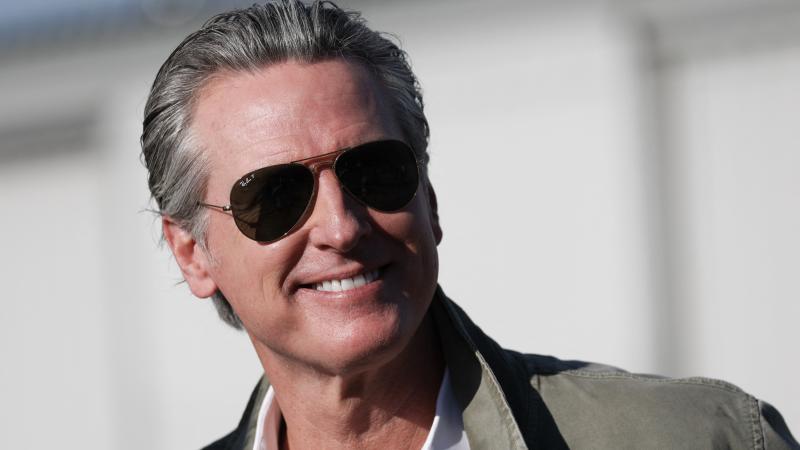Former Interior Sec. Bernhardt: Govt should consider harm from regulations before implementing them
"Before the government takes an action, it really should ask itself … 'What harm is going to come?' " Bernhardt said.
Just 70 political appointees overseeing 70,000 Interior Department employees is not enough accountability to adequately oversee government programs, former Secretary of the Interior David Bernhardt warned Wednesday.
"Before the government takes an action, it really should ask itself ... 'What harm is going to come?' " Bernhardt told the "John Solomon Reports" podcast . "I believe, fundamentally, an accountable person should make the decision. And what I mean when I say accountable, somebody that has to report to the president, or somebody that has to report to Congress."
Bernhard, who served in the Trump administration, also said: "We have created this world, with the modern bureaucratic state, where well meaning employees have developed massive programs that within them are both legislative, executive, and even quasi-judiciary activities," he said.
"And there is virtually no accountability. Yet at the agency that I led, the Department of the Interior, there are 70,000 employees, and there was about 70 political appointees appointed by the president."
Bernhardt explained how an agency program designed to help protect international wildlife in Africa provided firearms that were likely misused by the recipients. Under the Trump administration, he said that program was stopped.
"[S]o much money goes through our government system, to these NGOs, and then overseas, and virtually none of it, in all honesty, has any real accountability," he said. "Once I let a dollar out of this country, my ability to control, manage and oversee that dollar change dramatically. We don't have people out there, right?"
Bernhardt's solution is for Congress to take another look at how these bureaucratic programs are funded and their effects.
"We need Congress to reassess ... how we fund the massive things that we fund," he said. "And do we actually ask before we send the funding, 'What harm could come from this?' Because every program begins with the presumption that we're going to do good."
He linked bureaucratic program funding from the National Institutes of Health to the potential cause of the COVID-19 pandemic.
"But if it turns out that it is true, that funding left NIH went to certain entities and then flowed to the Wuhan lab, and then the possibility that that lab – whether deliberately or accidentally – is the origin of the virus, that's unbelievable."
















